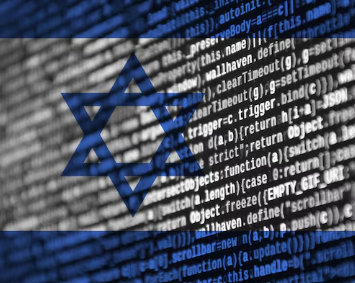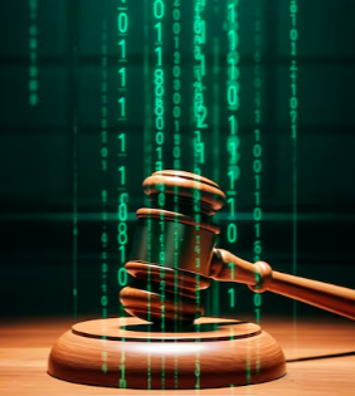Written by Haim Ravia and Dotan Hammer
The Association for Civil Rights in Israel asserted a petition with the High Court of Justice to judicially amend the Israeli Security Agency (ISA) Law, 5762-2002, to limit the ISA’s surveillance authority regarding telecommunication data granted to it under the law. The petition was filed following the revelation that the ISA had used its powers under the law to surveil cellular telecom data of COVID-19 patients at the peaks of the pandemic in an attempt to mitigate the chain of infection.
Section 11 of the ISA law provides that the Prime Minister may determine that types of information contained in the databases of telecommunications license holders (such as mobile telecommunications companies) are necessary for the ISA to fulfill its role. Consequently, license holders must transfer such information to the ISA. In its petition, the Association for Civil Rights asserts that legal mechanisms of this nature are highly uncommon in democracies, as they grossly violate citizens’ right to privacy and freedoms.
The Association of Civil Rights clarified that once all telecommunication data, including location data and traffic data, is in the ISA’s database, it is available for review and processing by ISA employees without a court order. The legal arrangement established by section 11 of the ISA law lacks a consent mechanism for the ongoing collection of telecommunications data from Israeli citizens. It also lacks a designated mechanism for the protection of individuals who benefit from privileged communication (e.g., journalists), and grants the ISA the power to use the collected data for an extensive array of matters beyond counterterrorism, such as review of applicants for public sector positions. The petition thus asserts that section 11 is unconstitutionally disproportional, failing to meet the constitutional requirements of the limitation clause in Basic Law: Human Dignity and Liberty.
CLICK HERE to read the Association for Civil Rights in Israel’s petition (in Hebrew).



